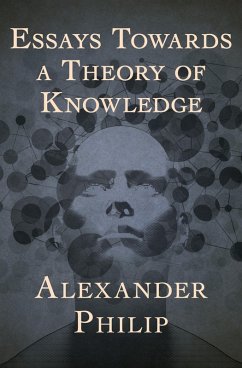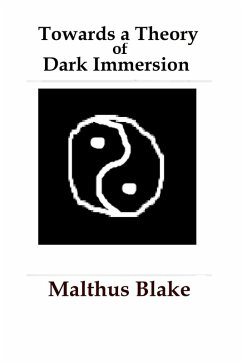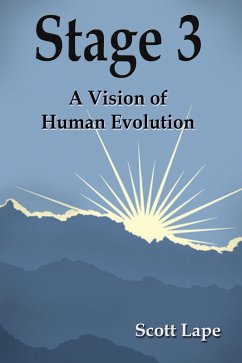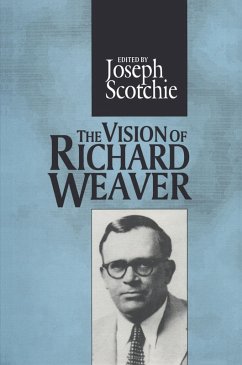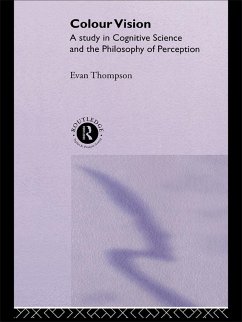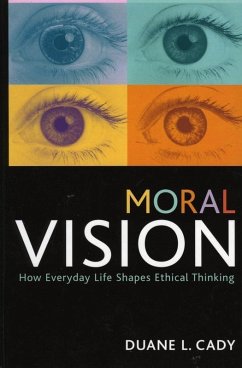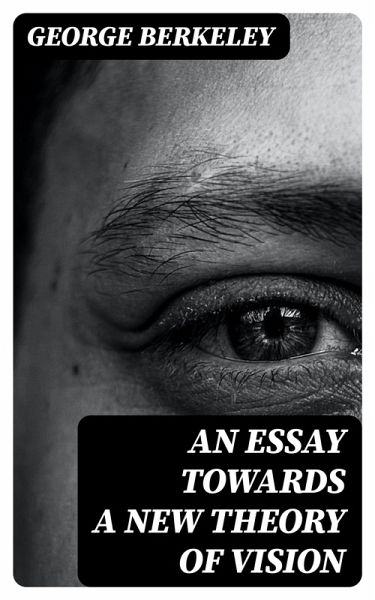
An Essay Towards a New Theory of Vision (eBook, ePUB)

PAYBACK Punkte
0 °P sammeln!
In "An Essay Towards a New Theory of Vision," George Berkeley presents a groundbreaking exploration of visual perception that challenges the prevailing Cartesian views of his time. Through meticulous argumentation and innovative thought, Berkeley posits that visual experience is not merely a passive reception of light but is actively shaped by the mind's inherent structures. He intricately examines the relationship between sight and distance, using reflections on empirical observation and philosophical inquiry to argue that what is seen is inextricably linked to the observer's prior sensory ex...
In "An Essay Towards a New Theory of Vision," George Berkeley presents a groundbreaking exploration of visual perception that challenges the prevailing Cartesian views of his time. Through meticulous argumentation and innovative thought, Berkeley posits that visual experience is not merely a passive reception of light but is actively shaped by the mind's inherent structures. He intricately examines the relationship between sight and distance, using reflections on empirical observation and philosophical inquiry to argue that what is seen is inextricably linked to the observer's prior sensory experiences. This work not only anticipates later developments in the philosophy of perception but also engages with the empirical methodologies emerging in the early 18th century, thus cementing Berkeley's legacy in both philosophy and optics. George Berkeley, an Irish philosopher and a leading figure of the empiricist movement, was profoundly influenced by the works of John Locke and the emergent scientific discourse of his era. His unique focus on the subjective nature of reality and his rejection of materialism stem from his theological commitments and fervent belief in the primacy of perception. Berkeley's wider philosophical pursuits, intersecting metaphysics and epistemology, provide a rich backdrop for his insights on vision, reflecting his desire to reconcile sensory experience with philosophical rigor. This compelling treatise is a must-read for scholars and enthusiasts of philosophy, optics, and cognitive science. Berkeley's innovative approach invites readers to reconsider their understanding of vision's role in shaping experience and knowledge. By delving into Berkeley's arguments, readers will gain not only philosophical insights but also a profound appreciation for the complexities of human perception, making this work a seminal contribution to the fields of both philosophy and the natural sciences.
Dieser Download kann aus rechtlichen Gründen nur mit Rechnungsadresse in A, B, BG, CY, CZ, D, DK, EW, E, FIN, F, GR, H, IRL, I, LT, L, LR, M, NL, PL, P, R, S, SLO, SK ausgeliefert werden.





